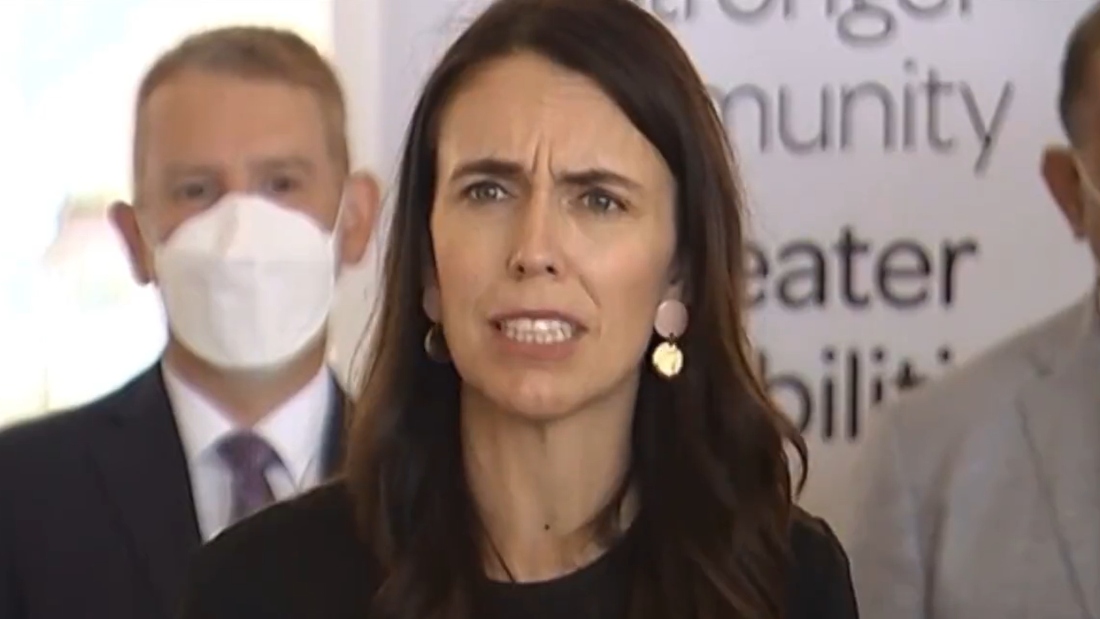Canadian study confirms mRNA vaccines increase risk of myocarditis, especially in young men after second dose
07/12/2022 / By Arsenio Toledo

A new peer-reviewed study from Canada has found that rates of myocarditis in young people surge following the second dose of the Wuhan coronavirus (COVID-19) mRNA vaccine.
The study was conducted on adolescents and adults in Ontario. It was a population-based cohort study published in JAMA Network on June 24 and conducted from Dec. 2020 – the beginning of the COVID-19 vaccine rollout – to Sept. 2021. It used data from Ontario’s COVID-19 vaccine registry and passive vaccine-safety surveillance system.
Its goal was to assess the association between specific COVID-19 vaccines to different rates of myocarditis or pericarditis. The researchers also wanted to estimate the rates of myocarditis and pericarditis based on age, sex, dose number and interval period between the vaccine doses. (Related: Hong Kong medical experts find evidence suggesting COVID-19 vaccines cause heart disease.)
Myocarditis refers to the inflammation of the heart muscle, a condition that can be life-threatening.
The study found that cases of myocarditis or pericarditis were highest in men between the ages of 18 and 24. Pfizer’s mRNA COVID-19 vaccine caused 59.2 cases per million second doses of the vaccine, while Moderna’s mRNA vaccine caused 299.5 cases per million second doses.
If the vaccine recipients waited eight weeks in between doses, this lowered the second-dose risk of causing myocarditis to 132.5 cases per million second doses for Moderna and 11.1 cases per million for Pfizer.
Study lead author Sarah Buchan of Public Health Ontario in Toronto and her colleagues, who were all still in favor of vaccination, relented slightly by suggesting that longer intervals between doses and that mRNA COVID-19 vaccination programs take into consideration the age and sex of vaccine recipients.

Overall rates of myocarditis or pericarditis across all age groups are 15.6 cases per million first doses and 29 cases per million second doses for Pfizer’s vaccine. The rates are far lower in females – 8.9 and 11.9 cases per million first and second doses – than in males – 21.8 and 45.3 cases per million first and second doses.
For Moderna, myocarditis and pericarditis rates are higher, with 23 cases per million first doses and 62.5 cases per million second doses across all age groups. Females are once again at lessened risk, with only 9.5 and 22 cases per million doses. Men had 33.7 and 96.8 cases per million.
Study confirms COVID-19 vaccines are dangerous for children
This study just lends more credence to the objections of many doctors to letting children, especially male kids and teenagers, from getting the COVID-19 vaccines.
“There is absolutely no basis for giving lethal experimental injections to babies and children,” said Dr. James Thorp, a maternal-fetal medicine expert. “There is absolutely zero epidemiological or clinical data to support this. There is no ’emergency use authorization’ when there is no emergency.”
“The COVID-19 injections were never necessary,” continued Thorp. He believes the COVID-19 vaccines have caused significantly much more harm than good and that people should be looking into non-vaccine treatments for the coronavirus that are actually effective.
“The scientific verdict is in,” said Thorp. “Ninety-five percent of COVID-19 deaths are prevented by early therapies with nutraceuticals, vitamins and repurposed medications.”
Learn more about the mRNA COVID-19 vaccines at Vaccines.news.
Watch this episode of “The Ben Armstrong Show” as host Ben Armstrong talks about the COVID-19 vaccine lies being peddled by the White House.
This video is from the channel The New American on Brighteon.com.
More related articles:
Doctors are BEGGING parents not to give their children deadly COVID-19 vaccines.
COVID-19 vaccine spike proteins are SHEDDING, giving people heart attacks, strokes and more.
Sources include:
Submit a correction >>
Tagged Under:
Big Pharma, biological weapon, booster shots, covid-19, heart disease, heart health, men's health, Moderna, mRNA vaccines, myocarditis, pandemic, Pfizer, pharmaceutical fraud, research, spike protein, vaccine damage, vaccine injury, vaccines
This article may contain statements that reflect the opinion of the author




















